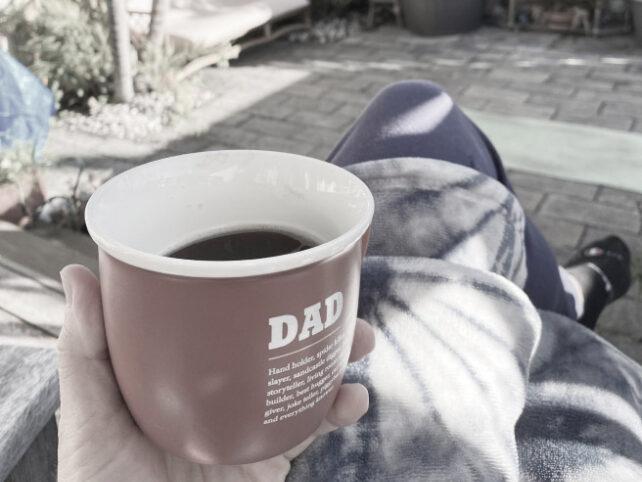For years, in order to establish a stable way of interfacing with the world and other humans, we develop identities that conceal, push down and reject our authentic expression.
This is an inevitable part of our egoic development in order to feel safe and receive love from those around us.
At a young age, we’re told to ‘be a good boy’ or ‘be a good girl’.
And in this way, anything that is perceived as ‘not being a good boy/girl’ or ‘bad’ (For example: showing anger, speaking our truth, or not being perfect through the eyes of those we depend upon) is denied from our experience through the formation of thought-based identities that masterfully conceal these parts of ourselves.
In other words, we develop identities that force us to dissociate from the raw emotional experience so that we do not express it again in the future.
This is because if we are ‘bad’, our parents, siblings and friends will reject us.
We’ll be outcasts - exiled from the tribe.
And being social creatures, the unfortunate byproduct of this is that our nervous system interprets that if I’m an outcast, my safety is threatened.
And in this way, expressing authenticity is analogous to death.
Thus, very strong momentum is cultivated for these patterns to remain intact long into adulthood.
This is why we see 60 year old’s acting like teenagers.
However, through the chronic, unconscious, and very natural need for these thought-based identities to take hold - we trade an untold amount of energy maintaining them.
Our nervous system works overtime behind the scenes, constantly wrestling with the innate desire to be authentic vs the need to be accepted.
This internal, unconscious resistance is what creates suffering, and is what we are experiencing when we encounter suffering in daily life that feels like we’re driving with the brakes on all of the time.





